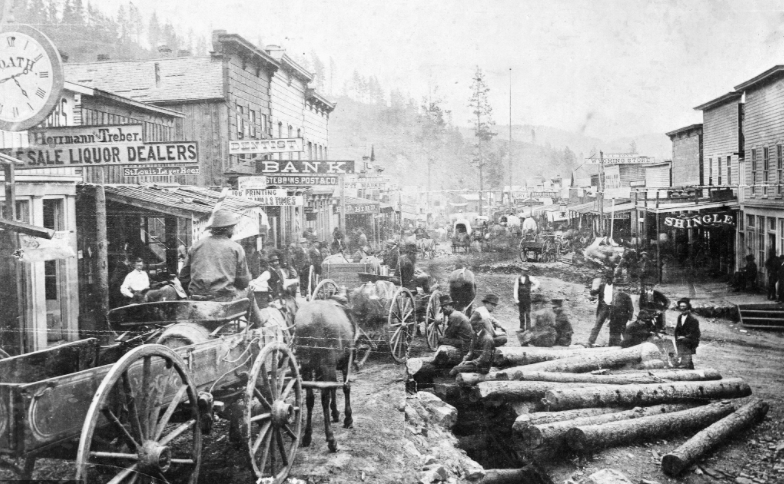Twenty-five of the endangered rodents are living on top of a multibillion-dollar Chilean gold reserve. Miners are going to great lengths to relocate them.
The short-tailed chinchilla, a high-altitude South American rodent, was hunted almost to extinction in the 19th and 20th centuries for its highly prized fur. It’s now endangered, and one small colony of the species in Chile is worth far more alive than dead, skinned, and dried.
The colony in question sits atop 3.5 million ounces of extractable gold, a resource set to be developed by Gold Fields, a South Africa–based mining company.
























